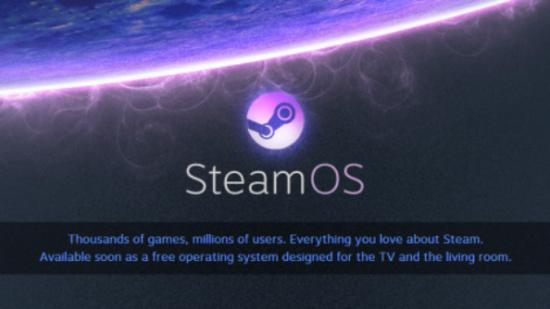Valve released their official line of Linux-based Steam Machines this week, and with them the chance to see what an OS tailored specifically for gaming can offer in terms of performance. According to an early report from Ars Technica, though, the outlook’s far from rosy. Their benchmark tests uncovered a 21-58% frame rate dip on the same hardware running SteamOS compared with Windows.
Wanna read more tech? Check out our NVIDIA GeForce GTX 970 group test to find out if there’s a performance gap between third-party models.
Way back in 2012, Valve claimed that they’d managed to summon a significant performance boost out of an OpenGL-based Linux port of Left 4 Dead 2. For a while at least, it appeared SteamOS gaming was on the right track.
However, Ars Technica’s early benchmarking tests show a marked disparity in gaming performance between SteamOS and Windows 10, running on the same hardware.
The latter outperformed SteamOS in all areas of GeekBench, a synthetic benchmark that happens to support both Windows and Linux. However it is, as Ars Technica concede, a “generalised CPU benchmark” and as such not the most illuminating instrument to tell us about gaming performance.
The more telling results come from running Middle Earth: Shadow Of Mordor at 1792 x 1120 resolution: Windows 10 posts 34.5 FPS to SteamOS’s 14.6 running ultra settings, and 95.5 FPS vs 61.0 on SteamOS running lowest settings. There’s work to be done then, clearly.
There are similar results in Metro: Last Light, and even in Source Engine itself. As Ars Technica point out, it’s possible that the developers of these titles simply weren’t as familiar with Linux and OpenGL environments and thus weren’t able to extract equivalent performance levels. However, the Source Engine results, along with several Valve-developed titles, also show performance dips running in SteamOS relative to Windows 10. You would have expected the developers of both the game and OS to have the expertise to support equivalent performances, if it were possible.
It’s very, very early days for SteamOS, and it’s perhaps a bit unfair to expect stellar performance vs Microsoft’s behemoth OS – nontheless, Ars Technica’s results are interesting. I’ll be keeping an eye on SteamOS’s gaming performance numbers in the coming weeks and months.
